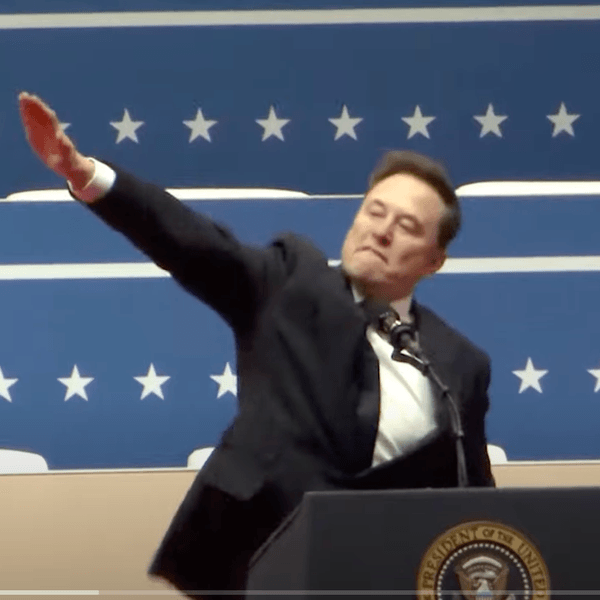
One autumn evening in 1999, I was driving with my 12-year-old daughter in the front passenger seat, when she asked me something about my childhood.
I don’t remember her question, but I doubt I’ll ever forget my answer.
“I don’t know, honey,” I told her. “We’ll have to ask Grandma.”
I slowed the car. My daughter grabbed my hand. “It’s OK, Mom,” she said.
My mom had died a month earlier. In that moment, I was forced to acknowledge that the first waves of loss were just the beginning of my grief. It was that undertow, merciless and unpredictable, that would pull me under.
I was reminded of that long-ago moment by a tweet this week from journalist Soledad O’Brien, who recently lost her father: “So many things I forgot to ask my dad. Ugh.”
It was a brave admission of vulnerability for O’Brien, who has nearly a million followers. It was the latest in a series of tweets since her father’s death. She has been living her grief out loud, in a venue known for its cruelty.
More than 13,000 people signaled their support by clicking the heart icon. Nearly 1,000 responded, many of them sharing glimpses of their own stumbles into the abyss. The thread illustrated how grief, with all its particularities, remains a shared experience in the way it hollows us out. Elisabeth Kubler-Ross didn’t list the five stages of love, after all.
Grief, as anyone who has experienced it knows, has a way of sneaking up on us. In his meditation titled For Grief, John O’Donohue wrote:
Flickers of guilt kindle regret
For all that was left unsaid or undone.
There are days when you wake up happy;
Again inside the fullness of life,
Until the moment breaks
And you are thrown back
Many responding to O’Brien’s tweet of longing urged others to have those conversations with loved ones before they die. Sound advice, especially for those of us who want to believe we have all the time in the world. We are our stories, which include the stories of those who knew us before we knew ourselves. As a journalist for nearly four decades, I’ve known the privilege of listening to stories told for the first time simply because I was the first to ask.
In that same meditation, O’Donohue promises a reprieve for those who grieve:
Gradually, you will learn acquaintance
With the invisible form of your departed;
The wound of loss will heal
And you will have learned
To wean your eyes
From that gap in the air
In your soul where your loved one
Has awaited your return
All the time.
Earlier this week, in my ethics class in Kent State’s journalism school, we were discussing how far we should go in writing about people in our lives. Do we need their permission? Do we owe them pre-publication review? What is fair, to them and to us?
I told my students a story.
Mom had a gift for mangling movie names. She didn’t mind that I wrote an essay about it, because she loved knowing she could make people laugh.
This was the year before she died. We were on a road trip from Cleveland to the Jersey shore, an extravagance in my single-mother days. I knew something was wrong with my mom, and she did, too. We didn’t yet know what it was or how long she had to live, but we had an unspoken sense of urgency to do something memorable together.
Off we went, in a minivan with my daughter and three of our friends. At one point during the nine-hour drive, we were talking about horror movies, inexplicably my gentle mother’s favorite genre.
Boy, did my students laugh.
Mom loved that. Deep inside me, I could hear her laughing.
Connie Schultz is a Pulitzer Prize-winning columnist and professional in residence at Kent State University’s school of journalism. She is the author of two books, including “…and His Lovely Wife,” which chronicled the successful race of her husband, Sherrod Brown, for the U.S. Senate. To find out more about Connie Schultz (con.schultz@yahoo.com) and read her past columns, please visit the Creators Syndicate webpage at www.creators.com.
IMAGE: Picture taken by Swiss adventurer Andre Borschberg onboard Solar Impulse 2 (Si2) during the flight from Tusla/OK to Dayton/OH shows the Mississippi river at sunset, May 21, 2016. Andre Borschberg, Jean Revillard, Christophe Chammartin/SI2/Handout via Reuters








